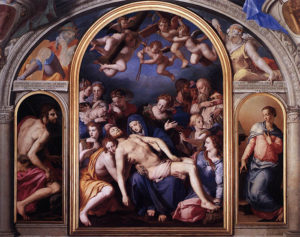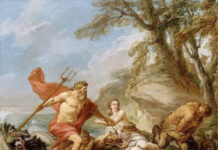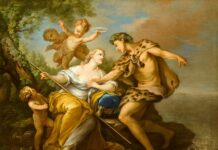Autora: Francisca Ramón Fernández. Profesora titular de Derecho civil de la Universitat Politècnica de València. Correo electrónico: frarafer@urb.upv.es
Resumen: En el presente estudio se analizan diversos aspectos de la inteligencia artificial en relación con la propiedad intelectual y el derecho a la imagen. Partiendo de la normativa vigente se discute si una obra creada por una máquina es susceptible de generar derechos de autor. Se deslindan distintos supuestos en los que teniendo en cuenta la naturaleza jurídica del algoritmo se puede tener en consideración. Se atenderá al concepto de originalidad y de creación que establece la legislación y jurisprudencia para determinar su oportunidad. En cuanto a los derechos relativos a la imagen, se centrará en la utilización de la misma en los “Deepfakes” y su actual tratamiento jurídico en relación con el derecho al honor, a la intimidad personal y familiar y a la propia imagen tras la reciente emisión de un contenido publicitario en el que se utiliza la imagen de una artista fallecida con la finalidad de promocionar una bebida alcohólica. Tras su estudio, realizaremos aportes de interés para la comunidad científica y propuestas para la solución de los distintos conflictos objeto de estudio.
Palabras clave: inteligencia artificial; propiedad intelectual; autoría; creación; imagen; “Deepfakes”; legislación
Abstract: In this study, various aspects of artificial intelligence in relation to intellectual property and the right to the image are analyzed. Based on current regulations, it is discussed whether a work created by a machine is capable of generating copyright.
Different assumptions are defined in which, taking into account the legal nature of the algorithm, it can be taken into consideration. The concept of originality and creation established by legislation and jurisprudence will be taken into account to determine its opportunity. Regarding the rights related to the image, it will focus on the use of the same in the «Deepfakes» and its current legal treatment in relation to the right to honor, personal and family privacy and the image itself after the recent broadcast of an advertising content in which the image of a deceased artist is used for the purpose of promoting an alcoholic beverage. After its study, we will make contributions of interest to the scientific community and proposals for the solution of the different conflicts under study.
Key Words: artificial intelligence; intellectual property; authorship; creation; image; “Deepfakes”; legislation
Sumario:
I. INTRODUCCIÓN.
II. LA AUTORÍA: ¿SER HUMANO O ROBOT? EL CONCEPTO DE ORIGINALIDAD.
III. LA INTELIGENCIA ARTIFICIAL Y LA CREACIÓN.
1. La creación como consustancial al ser humano. Creaciones a través de las máquinas. Creaciones de las máquinas.
IV. LA INTELIGENCIA ARTIFICIAL Y LA IMAGEN.
1. Los “Deepfakes” y el derecho al honor, a la intimidad personal y familiar y a la propia imagen
V. CONCLUSIONES.
VI. BIBLIOGRAFÍA.
Revista indexada en SCOPUS (Q3), REDIB, ANVUR (Clase “A”), LATINDEX, CIRC (B), MIAR.
Referencia: Actualidad Jurídica Iberoamericana Nº 16 bis, junio 2022, ISSN: 2386-4567, pp. 3762-3793






